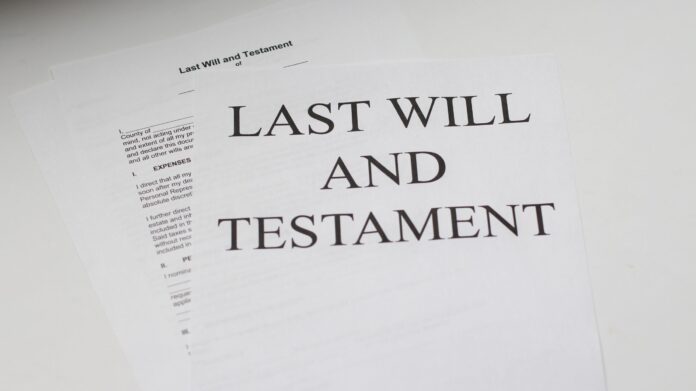
Q. My husband has had a few health issues lately and it has put me thinking. He made a will about 10 years ago, leaving the majority of what he owns to our children. He named his brother as executor of his will. All property, bank accounts, etc, are in my husband’s name. At the time of making the will naturally he discussed it with me and I was happy with most of his estate going to the children. On reflection, however, I am now worried that, if I survive him, I might not have enough for myself to live on. I don’t want to appear greedy, but I don’t want to be struggling either. What do I do?
Dear Reader,
In general, a person is free to dispose of their estate as they wish, but thankfully for you, a will is also subject to certain rights of spouses which are dictated by law.
The law states that, as your husband’s spouse, you are entitled to what is called a “legal right share” of his estate. This legal right share is half of his estate if you do not have children or one third of his estate if you do have children.
Therefore, in your case, you have a legal right to a third of the value of your husband’s estate, regardless of the terms of his will.
It is also possible that you could take the family home as part of your legal right share as I note that you state that the house is not held in joint names.
You would not have to go to court to get this share as the executor of the will is obliged to grant this share, where applicable. In addition, you can choose to either take the assets specified under the will or your legal right share.
The executor of the will must inform you in writing of your right to choose between these two options and should also advise you that you must exercise this right within six months of receipt of notification or within 12 months of the taking out of the Grant of Representation in the estate.
Therefore, this legal right share entitlement may make you feel more secure in relation to your future financial situation, however, you may still need to consider, with your husband, whether a third of the estate would be adequate in all the circumstances as the protection of the legal right share would still mean that two thirds of the estate could go to the children. This is probably a conversation you should have sooner rather than later.










